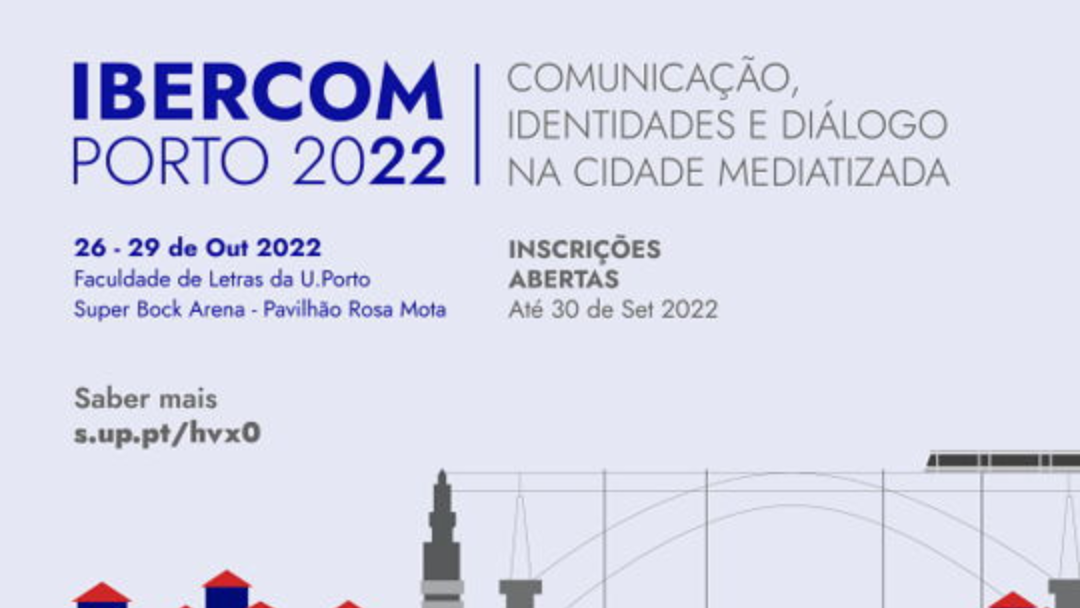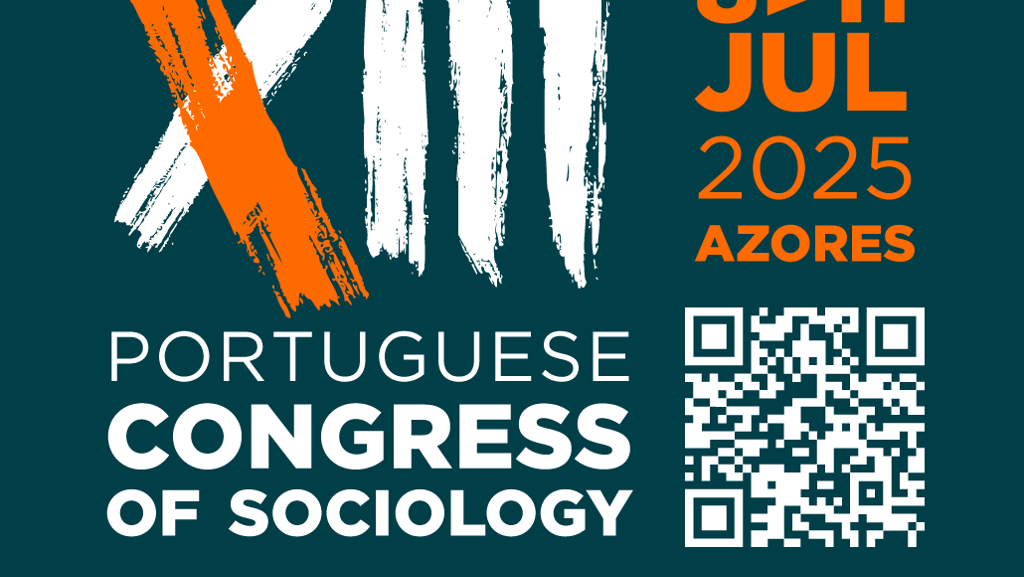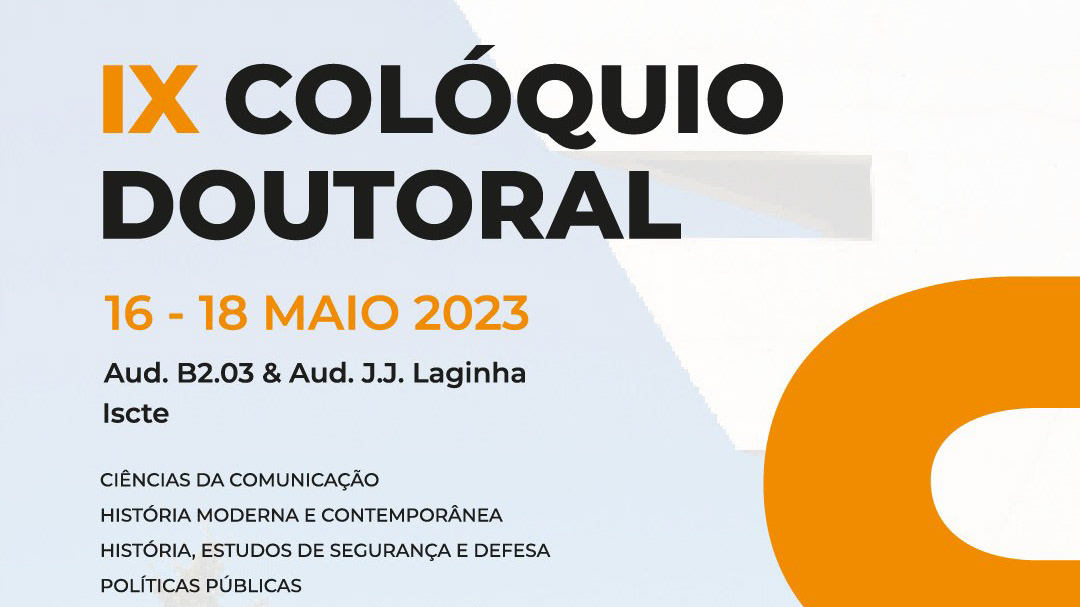Master's thesis ESCS 2019
This research investigated the impact of colour in outdoor advertising, specifically in the context of political campaigns. Political advertising aims to present candidates in a visually striking way, leveraging imagery and the ideology associated with colour rather than focusing on party manifestos. Given the abundance of information available to consumers, visual memory plays a crucial role in decision-making. One of the most effective advertising techniques is the use of colour to capture attention and influence perceptions. The study aimed to determine whether altering the colours traditionally associated with a political party in outdoor advertisements could influence voters' perceptions and decisions. The research focused on the 2017 Local Elections in Montijo, analysing the Socialist Party (PS) and Social Democratic Party (PSD) campaigns, which deviated from their usual colour schemes. The thesis examined the historical context of political marketing in Portugal, comparing voters to consumers, and explored political communication as a tool to frame campaign strategies. A dedicated chapter addressed the psychological and symbolic relationship between colour, human behaviour, advertising, and politics. The study concluded with findings from the analysis, offering insights into how changes in colour impact voter behaviour, along with recommendations for future research.Grade: 17/20 (B+)





